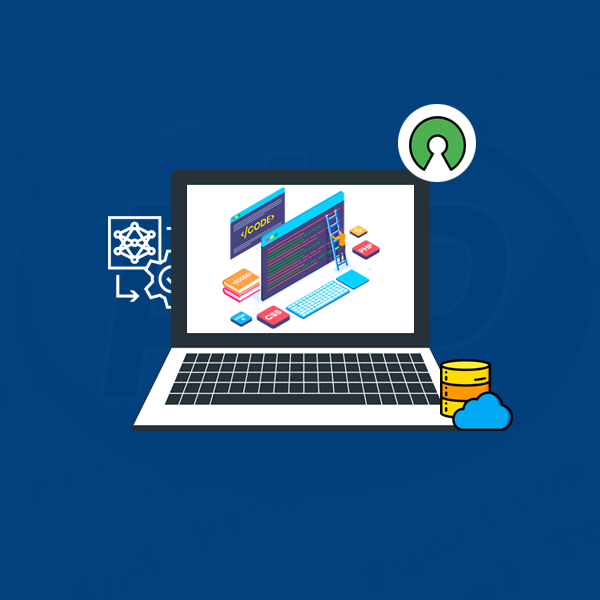Advantages of Building Web Applications in PHP | Connect Infosoft
The PHP programming language is recognized as one of the greatest and most popular programming tools for web application development due to a range of qualities and benefits. PHP has been used to build web applications for almost two decades and has proven to be a stable and resilient option.
PHP is also a server-side programming language, which means that applications operate on web servers rather than on specific web browsers. PHP, for example, may be used to create desktop programs and supports object-oriented programming, providing a comprehensive set of additional features.
Hire PHP developers to create dynamic web apps with frameworks and libraries and to expand their capabilities. Yii, Laravel, Zend Framework and Phalcon are the most popular frameworks.
Advantages of Using PHP to Develop Web Applications:
PHP (Hypertext Preprocessor) is a popular server-side scripting language that has been widely used for building web applications for many years. While there are now numerous programming languages and frameworks available for web development, PHP still offers several advantages for building web applications:
Ease of Learning and Deployment:
PHP is a reasonably simple language to learn, especially for developers with a programming experience. Its syntax is straightforward and resembles other C-based programming languages. Additionally, most web hosting providers support PHP, making it easy to deploy PHP-based applications.
Open Source:
PHP is open-source, which means it's free to use and has a large and active community of developers. This results in a wealth of documentation, tutorials, and resources that can help developers troubleshoot and solve problems.
Wide Adoption and Compatibility:
PHP is a server-side programming language that is commonly used in web development. As a result, there's a large talent pool of PHP developers and a vast number of existing PHP applications and libraries that can be leveraged.
Platform Independence:
PHP is platform-independent, which means it may run on a variety of operating systems such as Windows, Linux, macOS, and others. This flexibility is valuable when building applications for diverse environments.
Integration with Databases:
PHP has strong support for working with databases. It can easily connect to various database management systems, such as MySQL, PostgreSQL, Oracle and more, making it suitable for data-driven web applications.
Rapid Development:
PHP's simplicity and the availability of frameworks like Laravel, Symfony, and CodeIgniter enable developers to build web applications quickly. These frameworks provide pre-built modules and tools that accelerate development.
Scalability:
PHP-based applications can be scaled effectively. With proper architecture and design, PHP applications can handle increased traffic and user load, thanks to technologies like load balancing and caching.
Community and Support:
The PHP community is vibrant and active, which means there's ample support available for developers. Issues can be discussed in forums, and developers can contribute to the PHP ecosystem through libraries, extensions and frameworks.
Embeddable:
PHP can be easily embedded within HTML, allowing developers to seamlessly integrate dynamic content into web pages. This feature is particularly useful when building dynamic web applications that generate content based on user input or data from databases.
Customization:
PHP is highly customizable, allowing developers to tailor applications to specific requirements. This flexibility enables the creation of unique and feature-rich web applications.
Cross-Platform Compatibility:
PHP applications can run on various web servers, including Apache, Nginx, and Microsoft IIS, ensuring compatibility across different hosting environments.
Security:
While security largely depends on how developers write their code, PHP has evolved to include security-focused features and practices. Proper coding practices and the use of security libraries can help build secure PHP applications.
Conclusion
PHP offers advantages such as ease of learning, open-source nature, wide adoption, database integration, and a strong community. However, it's important to note that the choice of programming language and framework should be based on the specific requirements and goals of the web application being developed.
The back end of your application or website is just as important as its design, navigation, and user interface. Hire Connect Infosoft PHP developers to customize and construct web apps in PHP that are customized to the demands of your business. Speak with our friendly team about our affordable PHP web development services.
TAGS: Advantages of Building Web Applications in PHP, SaaS Application Development, SaaS Application Development Service in India, SaaS Application Development Company, SaaS applications, Benefits SaaS Applications, SaaS Application Development Team, Looking for SaaS App Development Company, Looking for SaaS App Designers


